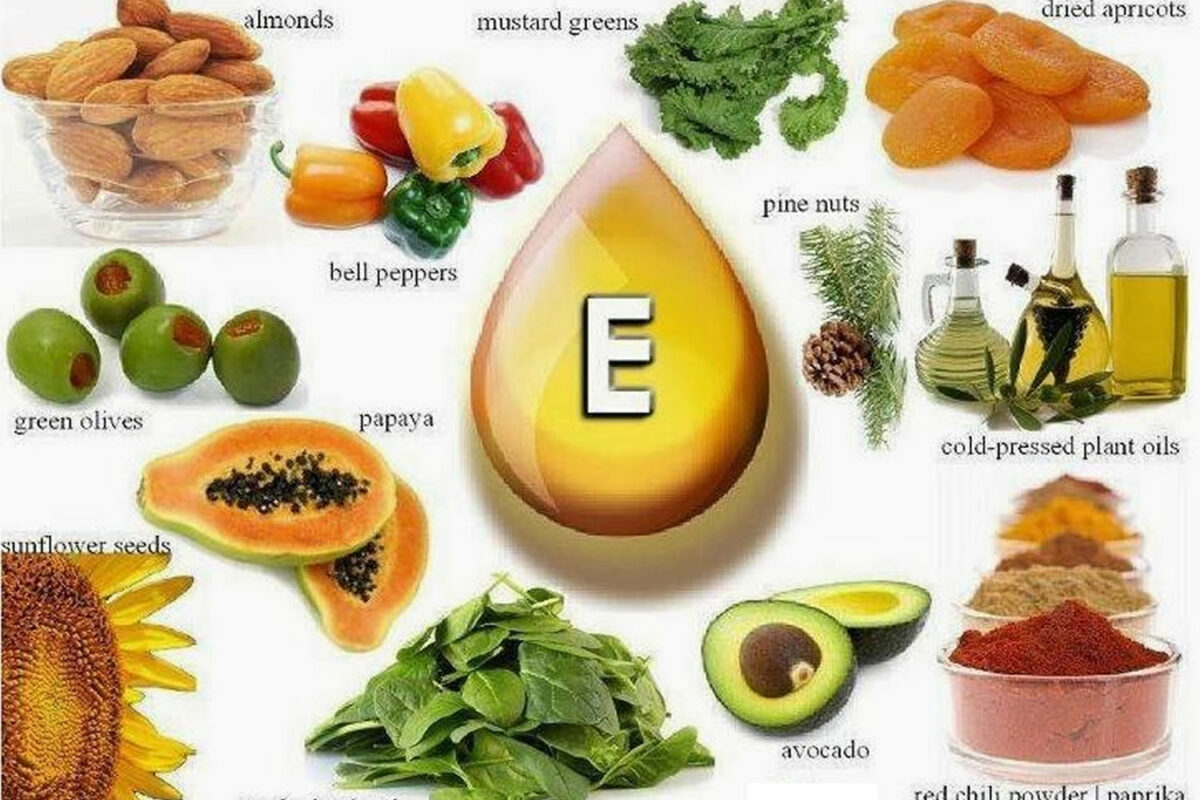The health and beauty industry has been booming for years, with people constantly seeking ways to improve their appearance and overall well-being. One area that receives a lot of attention is skincare, as everyone wants bright, clear, and healthy-looking skin. While there are numerous products on the market designed to enhance skin health, many people overlook the importance of diet in achieving beautiful skin.
At WellHealthOrganic.com, we believe that your diet plays a crucial role in maintaining great skin health. In particular, we focus on the benefits of incorporating oil into your daily meals. From coconut oil to olive oil and beyond, these natural ingredients have been shown to offer numerous benefits for the skin when consumed regularly.
Why diet matters for healthy skin
Eating a healthy and balanced diet is essential for maintaining healthy skin. The food we consume plays a vital role in the formation, repair, and maintenance of our skin cells. A poor diet lacking in essential nutrients can lead to dull, dry, and blemished skin. On the other hand, a diet rich in antioxidants, vitamins, minerals, and healthy fats can help keep your skin looking fresh and youthful.
One crucial nutrient for maintaining good skin health is omega-3 fatty acids found in oily fish such as salmon or sardines. These fatty acids help to reduce inflammation and promote hydration leading to plumper-looking skin. Additionally, consuming foods high in vitamin C such as oranges or kiwis can help boost collagen production leading to firmer-looking skin. Lastly, drinking plenty of water helps keep your body hydrated resulting in more supple-looking skin that is less prone to wrinkles.
Overall if you want glowing radiant-looking skin it’s important to eat plenty of fruits and vegetables alongside lean proteins like chicken or tofu while avoiding processed foods high in sugar or unhealthy fats which are known to cause acne breakouts. By following these simple dietary guidelines alongside using natural skincare products containing beneficial oils such as jojoba oil or argan oil you’ll be well on your way towards achieving excellent skincare results!
Also Read: ACUPUNCTURE – INDICATES A SLEEP DISORDER AND ANXIETY
The role of oils in skincare: Essential ingredient
Oils play a crucial role in skin care and are considered an essential ingredient. They can provide a range of benefits for the skin, such as hydration, nourishment, protection, and anti-aging effects. Oils contain essential fatty acids that help to strengthen the skin’s natural barrier and retain moisture levels.
In addition, oils can also have anti-inflammatory properties that calm and soothe irritated or inflamed skin. Some oils are high in antioxidants that protect the skin from environmental stressors such as pollution and UV rays. Examples of beneficial oils for skincare include jojoba oil, sweet almond oil, argan oil, rosehip seed oil, and coconut oil.
However, it is essential to note that not all oils are suitable for all skin types. Some oils may clog pores or cause breakouts in acne-prone or oily skin types. It is best to consult with a dermatologist or skincare professional before incorporating any new oils into your routine to ensure they are appropriate for your specific needs.
Common dietary sources of healthy oils
Healthy oils are a vital component of a balanced diet. They contain essential fatty acids, antioxidants, and vitamins that help to maintain optimal health. Some common sources of healthy oils include olive oil, coconut oil, flaxseed oil, avocado oil, and fish oil.
Olive oil is one of the most widely used oils in cooking and contains monounsaturated fats that can help lower cholesterol levels. Coconut oil is rich in medium-chain triglycerides (MCTs) that can improve brain function and aid weight loss. Flaxseed oil is an excellent source of omega-3 fatty acids that can reduce inflammation and promote heart health.
Avocado oil is high in monounsaturated fats and vitamin E which can benefit skin health. Fish oils such as salmon or cod liver oil are packed with omega-3 fatty acids which are beneficial for brain function, eye health, and reducing the risk of chronic diseases such as heart disease.
Incorporating these healthy oils into your daily diet through cooking or adding them to salads or smoothies may lead to significant improvements in overall health by providing essential nutrients needed by the body.
Benefits of incorporating oils into your diet
Incorporating oils into your diet can have numerous benefits for your overall health and well-being. Firstly, consuming certain oils such as olive oil, coconut oil, and avocado oil can help to lower your risk of heart disease by reducing levels of bad cholesterol in the body. These oils are also rich in antioxidants that offer protection against free radicals, which contribute to the development of chronic diseases such as cancer.
Furthermore, adding healthy oils to your diet can improve brain function and cognitive abilities. Omega-3 fatty acids found in fish oil and flaxseed oil have been shown to enhance memory retention and prevent age-related cognitive decline. Additionally, incorporating healthy fats such as those found in nuts and seeds into your diet can aid in weight loss efforts by promoting feelings of fullness and reducing cravings for unhealthy snacks.
Overall, including a variety of healthy oils in your diet is an easy way to improve your health without sacrificing taste or satisfaction. With so many delicious options available on the market today, there has never been a better time to start reaping the benefits of incorporating essential oils into your daily routine.
Tips for incorporating oil into meals
Using oil in your meals can be a great way to add flavor and nutrition to your diet. Here are some tips for incorporating oil into meals:
1. Choose the right oil: Not all oils are created equal, so it’s important to choose the right one for each dish. For example, olive oil is great for sautéing and roasting vegetables, while coconut oil works well in Asian-inspired dishes.
2. Use it as a dressing: A drizzle of olive oil and vinegar can make a simple salad taste amazing.
3. Bake with it: Coconut or avocado oil can be used in baking instead of butter or shortening for a healthier option.
4. Add it to smoothies: A tablespoon of flaxseed or chia seed oil can boost the nutritional value of your morning smoothie.
5. Don’t overdo it: While healthy fats are an important part of any diet, too much of anything can be harmful. Stick to recommended serving sizes when using oils in cooking and baking.
Incorporating oil into your meals doesn’t have to be complicated or intimidating. With these tips, you’ll be on your way to enjoying delicious and nutritious dishes that feature the benefits of healthy oils!
Conclusion: Eat for healthy, glowing skin
In conclusion, the food we consume plays an essential role in maintaining healthy and glowing skin. A diet rich in fruits, vegetables, whole grains, lean proteins, and healthy fats can help keep our skin hydrated and nourished. It is also important to avoid processed foods and limit sugar and alcohol intake as they can contribute to inflammation in the body which can lead to skin issues.
Additionally, incorporating specific foods such as salmon for omega-3 fatty acids or nuts for vitamin E can provide additional benefits for our skin. Drinking plenty of water throughout the day is also crucial for keeping our skin hydrated from the inside out. Overall, by being mindful of what we eat and making conscious choices towards a healthier diet can greatly impact the appearance and health of our skin.






















